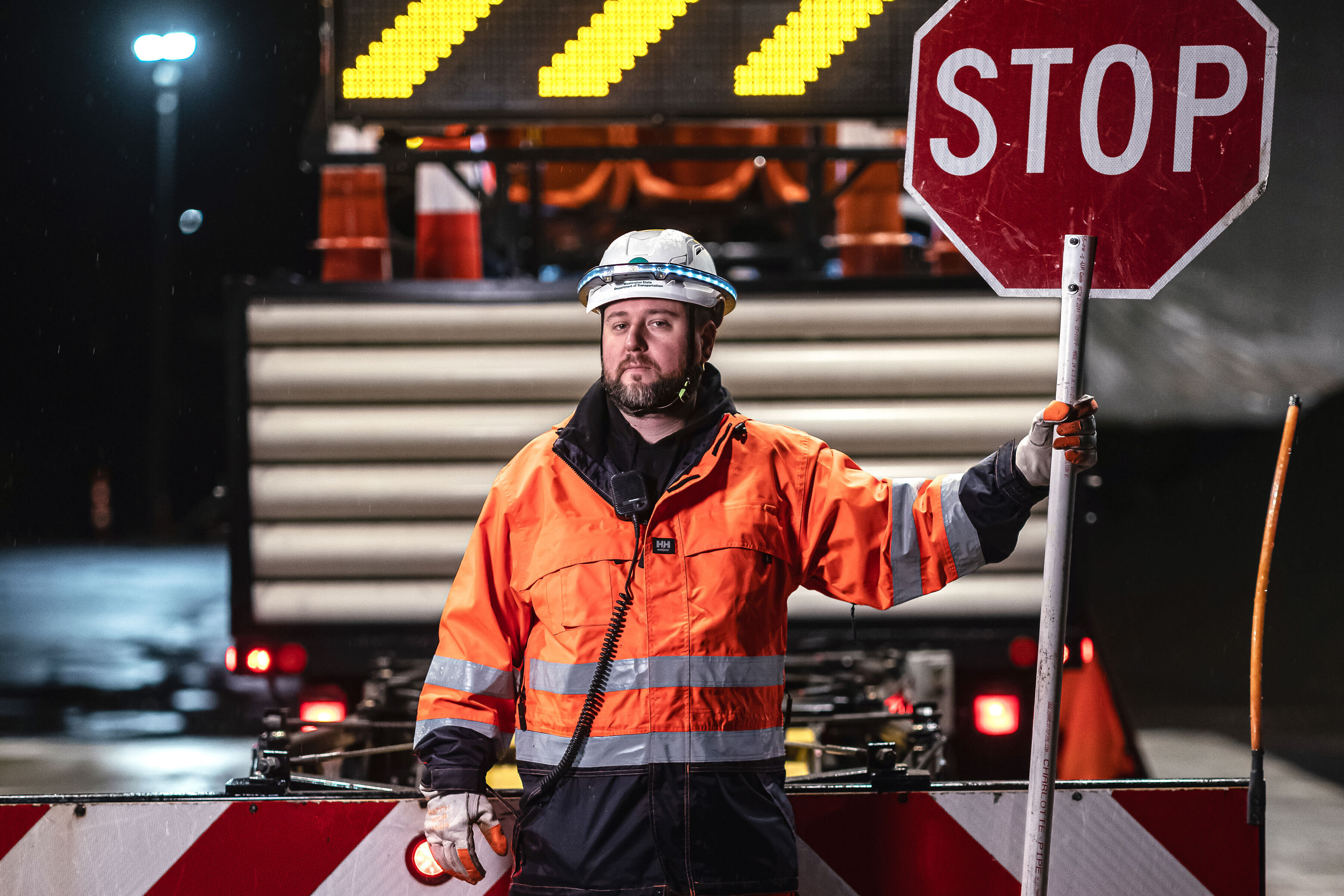News
Seattle Transit Blog: Can Rail Cause Sprawl?

On Seattle Transit Blog today, Andrew Smith asks: Can rail lines between suburbs and cities actually cause the kind of sprawl transit is ostensibly supposed to help prevent?
The argument that it can, basically, is this: If you build rail lines out to sprawling suburbs, like highways, they'll drive more people to live far away from cities, prompting expanded suburbs (and exurbs) with single-family, car-dependent development and zoning patterns that require people to own cars and drive just about everywhere. (Josh made a version of this point in Fizz the other day, arguing that when legislators went with a state grant for commuter trains to Lakewood over funding a transit corridor between Ballard and the U. District—it constituted a victory "for sprawl over density.")
STB, however, makes a convincing case that in places like the Puget Sound region, rail is both necessary and unlikely to result in the sort of development that we would consider sprawl. (First Hill, STB notes, was considered sprawl in the Victorian era, and streetcar suburbs like Ballard would count as sprawl by the standards of the era in which they were built).
First, I think it’s worth defining what “sprawl” is exactly. There are two main connotations to the word. The first images that comes to mind are far-flung environments far from the center-city, and the second are car-oriented, low density developments. [...]
With population increasing and household size shrinking we are going to need a lot more housing to to accommodate everyone in the future. It would be logistically, economically and politically impossible to pack all those people into our current urban centers. The best way to manage population growth is to follow the pattern of places like Bellevue and Northgate and create new urban centers outside of the center city. This of course means more people living in places that are farther away from what’s currently dense development, but it won’t necessarily be what most people think of when they hear the word “sprawl”.




